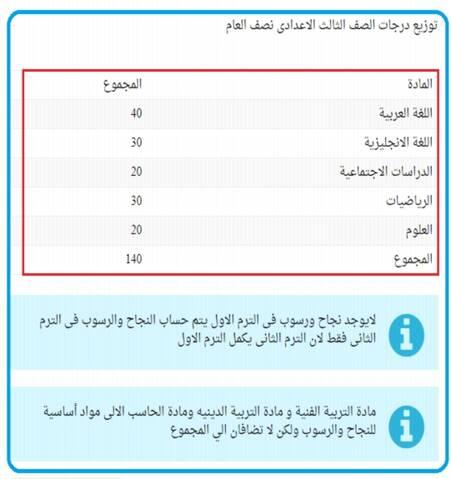A new way for Assad's checkpoints to arrest Syrians through their phones
The Assad regime continues to harass the Syrians who are forced to remain under its control, and the latest revelations were that the cell phones of civilians were paired with computers affiliated with the Assad regime’s checkpoints and Iranian militias, while they were passing through the latter’s checkpoints in Deir ez-Zor governorate, with the aim of extorting them later financially or exposing them to imprisonment. The pretext for that is their communication with external parties.
The Euphrates Post website said in a report that the matter begins when the checkpoint elements, often affiliated with the Fourth Division and Air Force Intelligence, request to search the cell phones of civilians passing through these checkpoints, and then the WhatsApp and Telegram applications are linked to the checkpoint's computer.
The newspaper pointed out that every civilian may wait for a period of up to 3 hours sometimes under the pretext of a thorough inspection and verification of his security record, which is a sufficient period to take any (information, files, conversations, or media) or retrieve them from the mobile device.
The site believes that after pairing the devices, which remain permanently to the Telegram application, in particular, civilians are tracked to their places of residence after passing the barrier, then security forces arrest them and are accused of communicating with external parties most of the time in preparation for imprisonment or extortion.
After carrying out the pairing process, the checkpoint members allow those whose devices are paired to go to their homes, to be monitored after that, as most of those who are stopped at the checkpoints delete all conversations and all applications, but after pairing the mobile phones with the militia’s checkpoints, they monitor them, waiting tempt it.

On the other hand, the Iranian militias follow the same policy, but this time with their members whose loyalty is doubtful, as a specialized cell is spying on the militia members until a decision is made, the website says: "The Assad regime and the Iranian militias managed to spy on thousands of civilians in this way due to their lack of experience. At times, the inability to disobey the phone search order may give the checkpoint members an excuse to arrest even before the search.”
fake software
Since 2018, international reports and research have revealed that the Assad regime has developed some spyware programs that work on mobile phones with the Android operating system, as well as taking advantage of some of these programs to penetrate Microsoft-based devices.
The report presented by researchers (Kristin Del Rosso) and (Michael Flossman) explained how the Assad regime was spying on the phones of its citizens, after developing fake programs similar to the famous communication programs, such as the famous WhatsApp and Telegram program, as well as YouTube and another fake application similar to the Microsoft text editor program Word, and then download these fake programs on unofficial private servers to send them to the victim via special links.
The researchers pointed out that the Assad regime’s electronic army has developed some fake computer programs, through which it can monitor the desktop of the victim’s computer, and the researchers attributed these technologies and their development to the Syrian hacker “Ahmed Al-Agha” who calls himself “Th3 Pr0 ".
Everything is under control
Another international report issued by the International Organization for the Protection of Privacy International, entitled "Open Season", talked about the ability of Western technology companies, including German, to make gains by helping the Assad regime build monitoring means that made it control all communications inside the country.
The report, issued by a British-based privacy NGO, shows that Western companies sold surveillance software and other systems in the region, and built "systems to monitor communications within those countries" in the years leading up to the 2011 Arab Spring.
Privacy International also revealed in its report the sale of surveillance technologies and systems from Ultimaco that works with the Siemens interception system for a value of 1.179 million euros, as these technologies allow the Assad regime to intercept phone calls, text messages, faxes, emails, instant messages and other services, and was part of the security services. the Syrian government until 2009.
The report also considered that Western companies such as the Italian company "RCS SpA" and the South African "VASTech" became "the largest contributors to the repressive state supervision in Syria" between 2007 and 2012, in addition to the establishment of the "German Advanced Technology" (AGT) company. , a Dubai-based company with a correspondent office in Berlin, sold equipment for the regime, and US equipment for the Assad monitoring system was also used in 2008 and 2009, despite US export controls that actually prohibited the sale of monitoring equipment to Syria at the time. .








